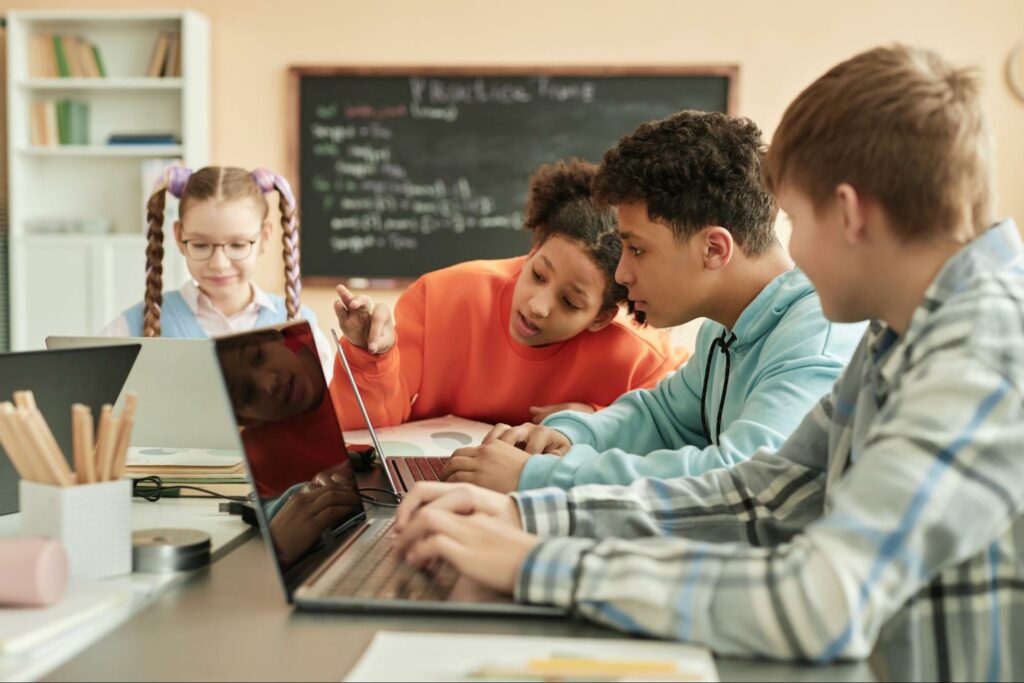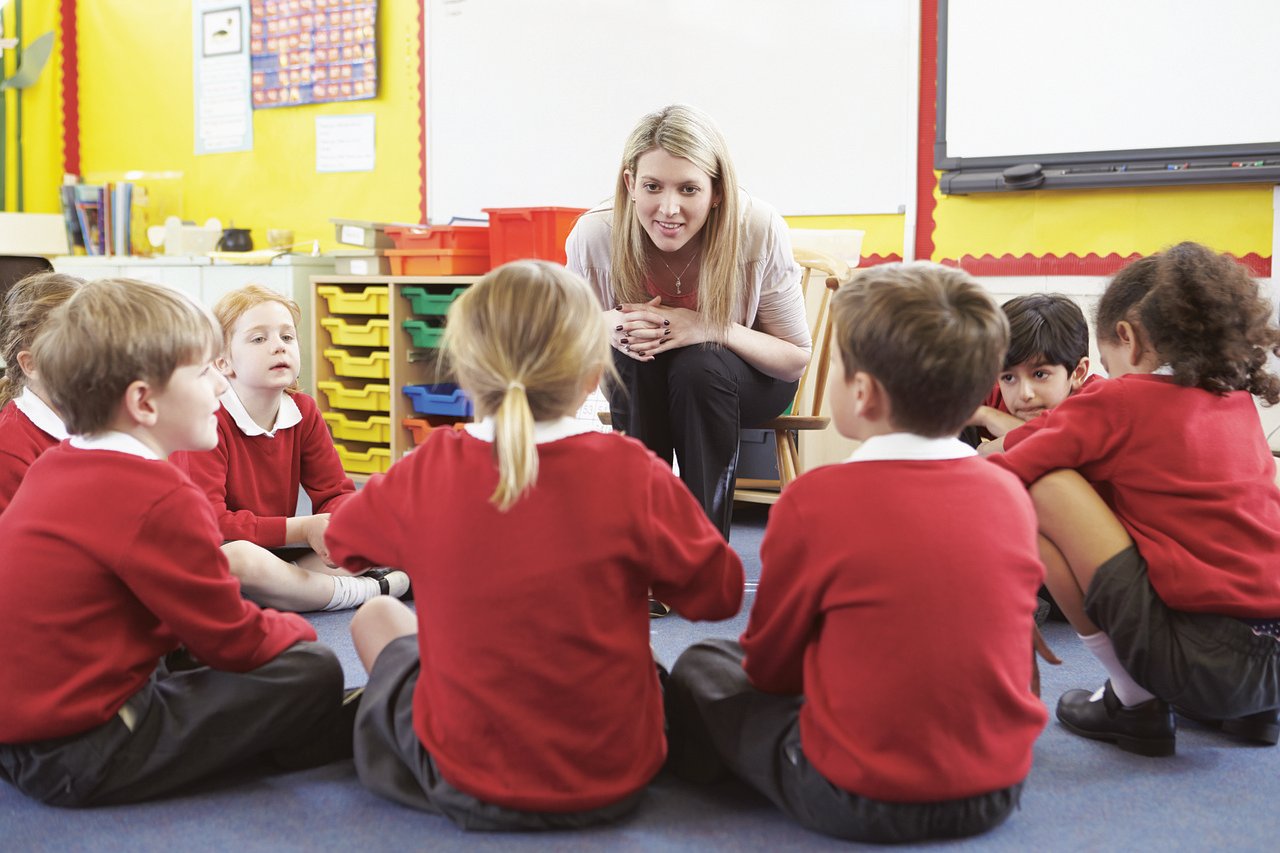Introduction: The Enduring Power of Education
Education has long stood as the single most powerful engine of individual transformation and collective progress. It is the thread that weaves knowledge into action, aspiration into achievement, and societies into civilizations. In an age where change is the only constant, the purpose and process of education are being reevaluated, reimagined, and reshaped. No longer confined to rote memorization or standardized testing, education today is expected to cultivate critical thinkers, empathetic citizens, and adaptable global contributors. To understand education in the 21st century is to understand how learning is evolving from a static transaction into a dynamic journey—one that empowers not only the mind but also the heart and character of each learner.
Redefining the Purpose of Education
In earlier eras, education was largely a means to an economic end—a pathway to stable employment or upward mobility. While that goal still holds relevance, modern education must serve a broader and deeper purpose. It must develop intellectual agility, foster emotional intelligence, and promote civic responsibility.
From Job Training to Human Development
-
Skill acquisition remains important, but equally vital is the development of ethical reasoning, global awareness, and interpersonal effectiveness
-
The ultimate aim is to produce not just workers, but well-rounded human beings capable of contributing meaningfully to society
-
Education today must help students navigate ambiguity, embrace diversity, and act with integrity
This paradigm shift calls for a more holistic, learner-centered approach that values curiosity as much as competence and compassion as much as capability.
The Evolution of Pedagogy: From Authority to Partnership
The classroom of the past was a hierarchical space, where knowledge flowed in one direction—from teacher to student. Today, that model has given way to something far more collaborative. Pedagogy has become participatory, student voices are encouraged, and learning is viewed as a shared endeavor.
Characteristics of Modern Pedagogy
-
Interactive and inquiry-based: Learners are encouraged to question, explore, and co-create knowledge
-
Differentiated instruction: Recognizes that students learn in diverse ways and at varying paces
-
Emphasis on metacognition: Students are taught not just what to learn, but how to learn and why it matters
Teachers, in this context, are not gatekeepers of knowledge but facilitators, mentors, and co-learners—guiding students toward deeper understanding and personal growth.
Technology and the New Learning Ecosystem
One cannot speak of education in the 21st century without acknowledging the profound impact of technology. While not a panacea, digital tools have transformed access, engagement, and the very nature of educational content.
Opportunities Created by Technology
-
Blended and online learning offer flexibility and scalability, enabling learning beyond the classroom walls
-
Interactive platforms foster deeper engagement through videos, simulations, and real-time feedback
-
Data analytics help educators identify learning gaps and tailor interventions accordingly
At its best, technology democratizes education, bringing world-class resources to learners in remote villages as well as bustling cities. However, it also introduces new challenges, from screen fatigue to digital inequality, which educators and policymakers must address with thoughtful intention.
The Critical Role of Educators
Amid all this innovation, one truth remains unchanged: the teacher matters. More than any app or algorithm, it is the human connection between teacher and student that ignites the spark of learning.
Why Teachers Still Matter Most
-
They model values like empathy, resilience, and integrity that no machine can replicate
-
They provide personalized encouragement, fostering self-belief in students who may otherwise falter
-
They help students navigate emotional, social, and moral challenges in an increasingly complex world
Investing in teacher training, professional development, and well-being is thus not ancillary—it is central to the success of any educational reform.
The Imperative of Equity and Access
Despite global progress, access to quality education remains deeply uneven. Millions of children around the world still face barriers due to poverty, gender, geography, or conflict. Bridging this gap is one of the defining challenges of our time.
Pathways to Educational Equity
-
Universal digital access must be prioritized, ensuring every student can connect to the global classroom
-
Culturally inclusive curricula should reflect and respect the diversity of student backgrounds
-
Policy and funding reforms are needed to address systemic inequities and uplift underserved communities
True education must be inclusive, empowering every learner—regardless of circumstance—to realize their potential and participate fully in society.
Emotional Intelligence and Social Learning
As machines take over more routine tasks, the uniquely human skills of empathy, collaboration, and ethical judgment are becoming ever more essential. Schools must nurture not only intellectual but emotional maturity.
Integrating Emotional and Social Learning
-
Mindfulness programs help students develop focus and manage stress
-
Collaborative projects teach teamwork, negotiation, and leadership
-
Ethics and civic education prepare learners for responsible participation in democratic life
By fostering emotional intelligence alongside academic rigor, we prepare students not only to succeed but to lead with conscience and compassion.
Education for an Uncertain Future
The world of tomorrow will likely be defined by disruptions—technological, environmental, and geopolitical. Education must prepare learners not for a single career, but for multiple reinventions across a lifetime.
Future-Ready Learning Priorities
-
Adaptability and resilience: The ability to bounce back, pivot, and thrive in changing environments
-
Digital and media literacy: Navigating information critically and ethically
-
Interdisciplinary thinking: Bridging knowledge across fields to solve complex global problems
Rather than teaching answers, educators must teach students how to ask better questions—how to learn, unlearn, and relearn with grace and agility.
Conclusion: The Quiet Revolution
The transformation of education in the 21st century is not always loud or headline-grabbing. Yet it is one of the most profound revolutions of our time. It is happening not only in policy documents and tech labs, but in classrooms, communities, and conversations around the dinner table.
To educate today is to engage in an act of radical hope. It is to believe that with the right knowledge, the right skills, and the right values, we can create a more just, thoughtful, and resilient world. And it all begins—with a teacher, a learner, and a shared journey toward understanding.
Education, ultimately, is not just preparation for life. It is life itself.













